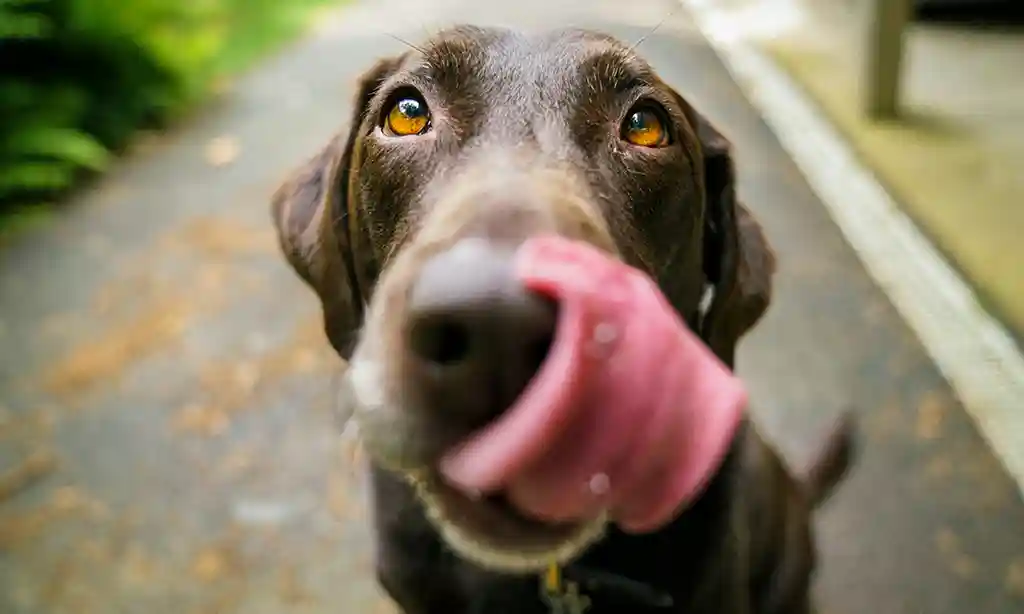Address
304 North Cardinal
St. Dorchester Center, MA 02124
Work Hours
Monday to Friday: 7AM - 7PM
Weekend: 10AM - 5PM
Address
304 North Cardinal
St. Dorchester Center, MA 02124
Work Hours
Monday to Friday: 7AM - 7PM
Weekend: 10AM - 5PM

In recent years, the raw food diet has piqued the interest of pet owners seeking optimal nutrition for their furry companions. Among the various raw food regimens, one gaining popularity is the Biologically Appropriate Raw Food diet, fondly known as BARF. Originating in the 1990s, BARF aims to emulate the ancestral diet of wild animals, comprising raw meats, bones, vegetables, and other natural foods. Advocates claim it restores dogs to their primal feeding habits, promoting growth, health, and longevity. But before you jump on the raw food bandwagon for your canine friend, let’s delve deeper into the matter.
While dogs can technically consume raw meat, it’s vital to understand the nuances of this dietary choice. Unlike humans, animals possess robust stomach acids that aid in digesting raw foods and combating parasites and bacteria commonly found in uncooked meats. In their natural state, before domestication, dogs subsisted on raw meat as a primary food source.
Although raw meat forms the cornerstone of the BARF diet, veterinarians caution against its exclusive use due to potential nutritional deficiencies. Research, including a 2011 study from Cambridge University, indicates that a significant portion of dogs on raw diets suffer from imbalances in essential nutrients. The American Veterinary Medical Association emphasizes the importance of balanced nutrition in sustaining canine health, a criterion often unmet by raw meat diets.
The array of raw meats available for canine consumption includes beef, pork, poultry, and fish, among others. However, pet owners must exercise caution regarding denatured meat, sourced from animals in compromised health conditions. This type of meat, often rejected for human consumption, poses risks due to bacterial contamination and chemical residues.
Despite proponents’ claims, most veterinarians advise against raw food diets for dogs, citing health hazards akin to those faced by humans consuming raw meat. The Centers for Disease Control and Prevention (CDC) highlights the presence of harmful bacteria like salmonella and listeria in raw pet foods, posing risks not only to pets but also to their human caregivers.
Contrary to popular belief, scientific evidence supporting the benefits of raw diets for dogs remains scant. Research from the University of California, Davis, suggests that canned diets, kibble, and home-cooked meals offer more reliable sources of balanced nutrition for pets. Consequently, the perceived advantages of raw meat diets pale in comparison to the documented risks.
If you opt to feed your dog raw meat, adopting stringent safety measures becomes imperative. The CDC recommends freezing raw meat until use, thawing it in the refrigerator, and disinfecting all surfaces it comes into contact with. Moreover, minimize direct contact with your pet immediately after their meal to mitigate the risk of bacterial transmission.
While the allure of the raw food diet for dogs may seem compelling, it’s essential to weigh the potential benefits against the considerable risks involved. Not only does this dietary choice pose health hazards to pets, but it also exposes pet owners and their families to the dangers of bacterial contamination. Ultimately, prioritizing your pet’s well-being entails making informed decisions rooted in scientific evidence and responsible pet care practices.